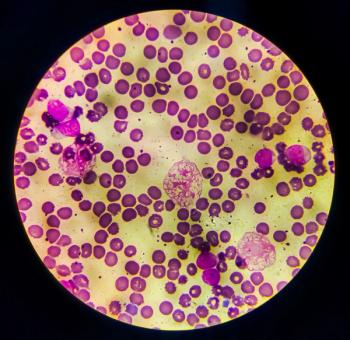
Leukemia biology may predict patterns of blinatumomab failure after initial response.

Leukemia biology may predict patterns of blinatumomab failure after initial response.
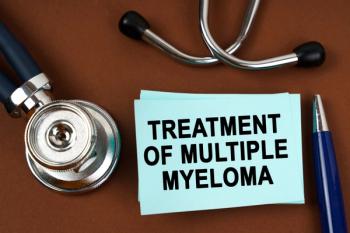
Managing bispecific antibodies requires collaboration and meticulous protocols.

The FDA is modernizing its approach to drug development and optimization.
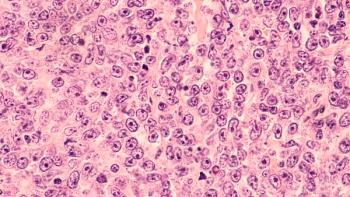
A phase 2 trial investigates MRD detection and therapy advancements.
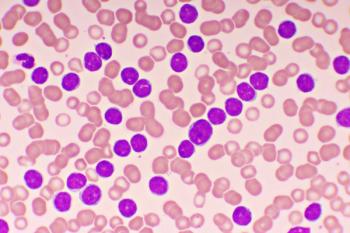
Investigators assessed fixed-duration venetoclax plus acalabrutinib with or without obinutuzumab vs chemoimmunotherapy.

Experts presented results that may transform treatment and clinical practice strategies.
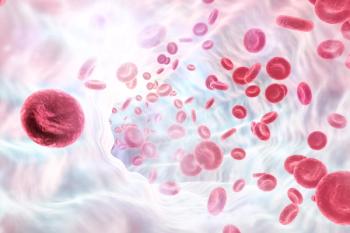
Presentations detail clinical trial results and drugs in the pipeline.

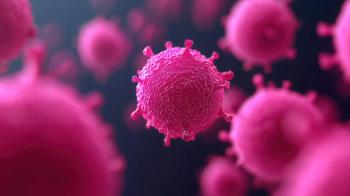
Novel therapies and personalized treatment plans are improving outcomes for patients with ER-positive breast cancer.

Experts highlight the importance of dosing and regimen optimization in breast cancer to improve treatment tolerability, reduce toxicities, and improve quality of life for patients.

Experts discuss advancements in hormone receptor–positive/HER2-negative breast cancer treatment while addressing safety, diversity, and fertility challenges.
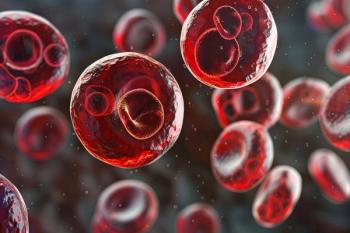
The phase 3 CEPHEUS trial demonstrated that adding daratumumab (DARA) to the VRd regimen significantly improves minimal residual disease negativity, progression-free survival, and overall response in transplant-ineligible or transplant deferred patients with newly diagnosed multiple myeloma, establishing a new standard of care.
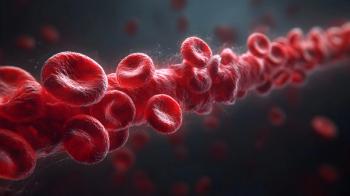
Glucagon-like peptide 1 (GLP1) receptor agonists were shown to be associated with a reduced risk of venous thromboembolism (VTE), while high dietary fiber intake was shown to enhance microbiome health, lower graft-versus-host disease (GVHD) severity, and improve overall survival following allogeneic hematopoietic cell transplantation.